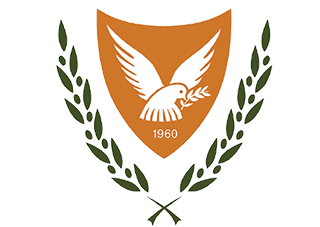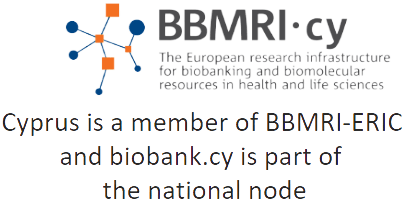CHALPORT
The Chalport project represents research of interdisciplinary nature, encompassing studies of molecular genetics and preclinical animal work, aimed to provide insights into the pathogenic mechanisms and consequences of COL4 mutations, also attempting to implement a novel therapeutic intervention. This project has a genuine translational research nature in examining whether administration of pharmacologically active chaperones can rescue the effects of misfolded collagen IV and rescue or delay the disease phenotype in mice with AS, an outcome which will be of major socio-economic significance.
This project represents a pilot study, to repurpose synthetic chaperones, which proved beneficial and were approved by the USA Food & Drug Administration (FDA) for other disease indications, to test if they could guide the secretion of mutant COL4 and the formation of imperfect networks in the GBM that might be better tolerated than null or impaired secretion. We base this on the fact that positive collagen staining in patient biopsies is associated with better prognosis. “Convincing” the podocytes to secrete effectively, even partly functional collagens, will be attempted for the first time in AS. The proposed repurposing will be applied on compound heterozygous mice carrying a single mutant Col4a3 allele: Col4a3mut/-.
The compound heterozygous mutant mouse inherits only a single mutant allele encoding the Col4A3 chain, carrying the COL4A3-p.G1332E mutation. The Col4a3-p.G1332E mutation recapitulates the human at position p.G1334, which represents a founder effect among the Greek-Cypriot population, affecting more than 200 patients in 20 families. The compound heterozygous mouse model, for the Col4a3-p.G1332E mutation, has been recently characterized completely in our lab, at biochemical and ultrastructural level, demonstrating an Alport phenotype. This mouse model could be an exemplar study model for AS patients who inherit analogous mutations in compound heterozygosity in collagen-IV genes.
To our knowledge this is the first time to attempt chaperone administration in AS mice, representing a paradigm of pre-clinical translational research. The results will not only shed light on the molecular mechanisms behind COL4 mutations but will also set the basis for alternative treatments.
In case we succeed in this proof-of-principle line of investigation, we will expand our hypothesis and try additional synthetic chaperones for obtaining the best possible non-toxic results with high efficacy, in pre-clinical studies








